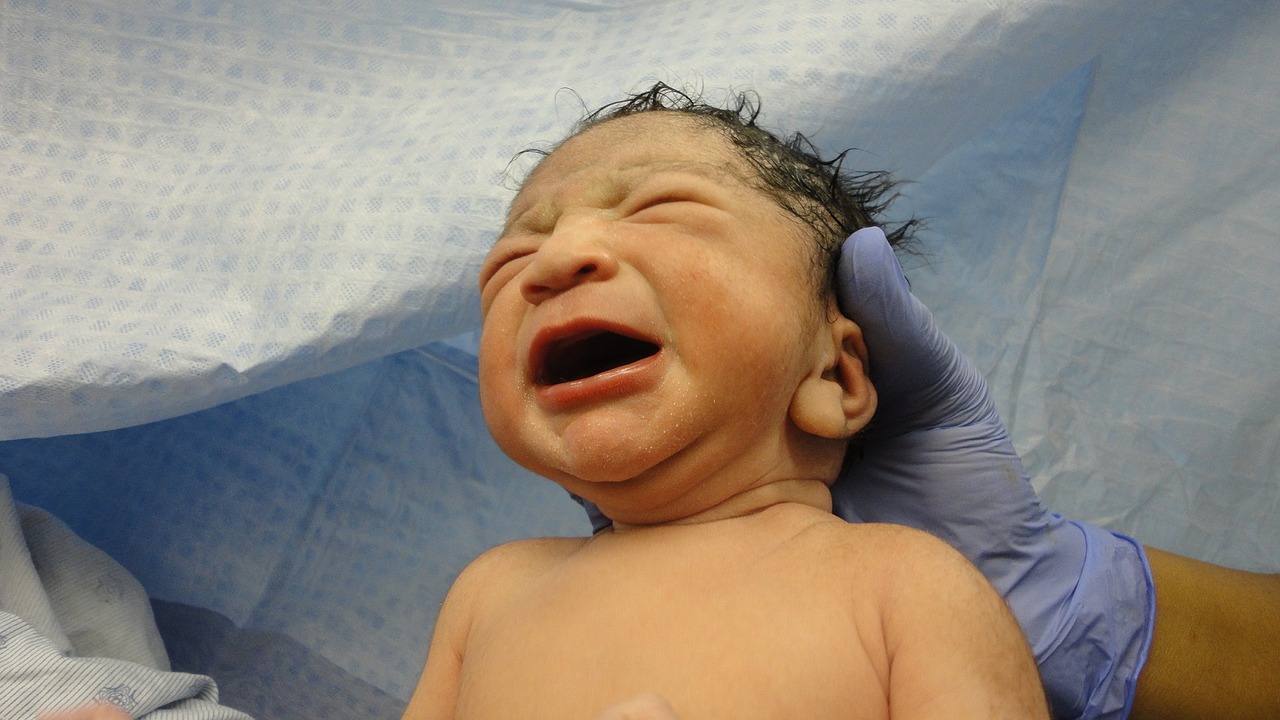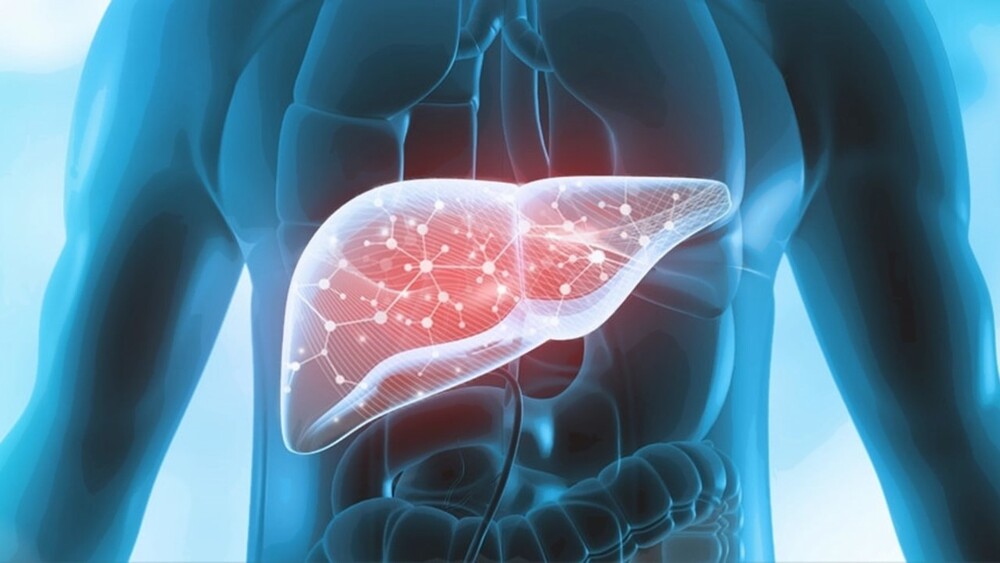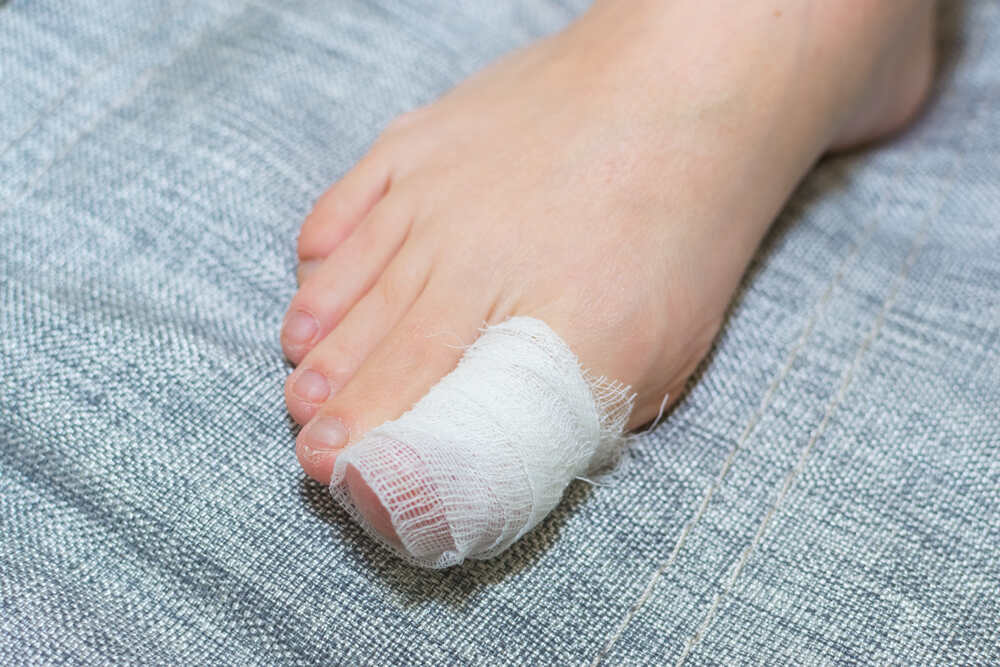Pain Management
sni“Pain management can improve patient’s life quality”,sni
says Dr Lorraine Harrington, an Anesthetist and Pain Management Specialist
at London Pain Clinic, United Kingdom
SN: What is the role of an anesthetist?sni
Anesthetists also known as anesthesiologists are multi-skilled doctors who look after patients under anesthesia to facilitate surgery. They put the patient to sleep, numb a part of his body and ensure his comfort in the post-operative period. This is done using epidurals, nerve blocks or combining several groups of painkillers. These specialists also look after critically unwell patients in intensive care. Further, they can choose to specialize in chronic pain management.
SN: What are the types of anesthesia and how are they given to the patient?sni
Patients operated under local anesthesia or regional technique like epidural or spinal remain numb but awake. Whereas general anesthesia puts the patient to sleep and is delivered through cannula or mask.sni
SN: How do doctors determine the dose of anesthetic?sni
There is a known amount of anesthesia which can prevent pain during surgery but it can vary individually. To identify the exact dose required, doctors monitor patient’s response towards it and act accordingly. For example, in case of intravenous drug, they use a special monitor to record the electrical activity in brain. The dose is increased until the monitor suggests minimal activity, indicating patient is asleep. Similarly, the dose of volatile anesthetic gas being delivered is adjusted. sni
SN: Other than allergy and nausea, what are the side effects of anesthesia?sni
With modern drugs the side effects are rare. The risk mainly depends on patient’s medical condition. Simple operations like gall bladder removal of a young fit patient, carry a lower risk. But complicated surgeries like coronary artery bypass have a higher risk. Anesthetists discuss these problems with patients prior to surgery and take extra steps to reduce them.sni
SN: Are sleeping pills a type of anesthesia because they work like it?sni
No. They are totally different.sni
SN: Why are patients advised to refrain from food few hours prior to surgery?sni
Patients undergoing anesthesia, lose the ability to protect lungs; stopping food or gastric contents from entering into them.sni Thus particles of food consumed before surgery and gastric acid can enter lungs and cause aspiration pneumonia. An empty stomach reduces the risk of this problem.sni
SN: What is pain?sni
Pain is a warning sign of actual or potential tissue damage. It is influenced by an individual’s previous experience and biological, psychological and social background. Chronic pain exists for more than 12 weeks after the tissues have healed. It causes dysfunction of the pain nerves either within spinal cord, brain or both.sni
SN: Is it okay to tolerate pain until it becomes unbearable?sni
No. A pain at peak is difficult to manage so it should be treated at a lower level. However, battling through pain makes the flare-up last longer and doing nothing to reduce it is equally bad. So maintain balance between activity and rest. We call this concept “pacing”.sni
SN: Why is pain management important? Also when does a patient need it?sni
Pain management is about improving patient’s life quality by educating them about their condition. It also includes teaching them self-management strategies that can empower them to live with their condition. Chronic pain is a difficult condition that cannot be treated with medication or injection therapy alone. Also living with it can impact life negatively. So patients require management to cope with it.sni
SN: How do pain specialists treat pains? Also are all pains treatable or one has to live with some?sni
We manage pain conditions through combination of medicines and therapies including injection, infusion, physio and psychological. Some pains are treated while others are brought to a manageable level. Also patients are taught strategies to live well with their condition.sni
SN: Do the commonly used over-the-counter painkillers work for any pain?sni
No because there are different types and causes of pain. Finding the right cause will help provide relevant treatment. For example, pain due to dysfunction of the nervous system can be treated with an anti-neuropathic (nerve related) painkiller. But if the cause is musculoskeletal, an anti-inflammatory drug along with appropriate physiotherapy will help.sni
SN: Which pains can be relieved with paracetamol, aspirin and ibuprofen?sni
Pains in bones, joint and muscles caused by damage to body tissues usually due to external injuries can be relieved through them.sni
SN: What are the long-term effects of excessive painkiller usage?sni
It depends on the painkiller group. Anti-neuropathic medicine does not cause problems in long run. But overuse of opioid analgesics (medicine for severe pain) results in endocrine dysfunction , addiction and dependence. They also reduce body’s ability to fight infections and cancer. Thus should not be used for prolonged period. Non-steroidal anti-inflammatory drugs (NSAIDs), can cause stomach ulcers, kidney dysfunction, heart attack and stroke. Daily intake of paracetamol can cause headaches.sni
SN: Some believe overuse of painkillers can eventually result in mental satisfaction even if not actually reducing the pain. Your take on this?sni
This is a common problem in UK, America and Europe. In America, many are addicted to opioid prescription painkillers and several die every year. The everyday death rate due to this is higher than road traffic accidents. It is called “Opioid Epidemic”.sni
SN: What causes pelvic and genital pain in both genders?sni
Pain or numbness in genitals and pelvis is experienced by both men and women. This is due to damage or irritation of major nerve in lower body. Also men suffer from prostatitis that is inflammation of prostate gland which causes pain.sni
SN: How can one manage pelvic pain at home?sni
Combination of anti-neuropathic medicines, self-management strategies like mindfulness, pilates, yoga and physiotherapy can help.sni
SN: Women sometimes complain of severe pain during periods or intercourse. What causes it?sni
Usually every individual has a different pain threshold. However, few abnormal conditions can cause severe pain during menstruation or intercourse. These include adenomyosis (growth of endometrial tissues in the muscles of uterus), endometriosis, pelvic inflammatory disease, primary dysmenorrhea (severe menstrual cramps) and vulvodynia. Other causes are vaginismus (involuntary spasm of pelvic floor and vaginal muscles), vaginal atrophy (thinning, drying and inflammation of the vaginal walls) or dryness of vagina. Severe pain should be assessed and investigated.sni
SN: Suggest ways to reduce pain during periods and intercourse.sni
This depends on the cause of pain. Generally, nerve painkillers, physiotherapy, anti-inflammatory drugs, topical gels and hormonal manipulation can help.sni
SN: What is vulvodynia?sni
It is a nerve related pain disorder which affects any part of vulva (external female genital). The pain can be triggered with touch or exist all the time. This condition can develop suddenly or following hormonal changes and vaginal infection.sni
SN: How do pain management specialists help with vulvodynia?sni
Vulvodynia can have a huge impact on patient’s life. Different treatment options should be used for best results. Patients can be prescribed oral anti-neuropathic painkillers or special topical gels. In some cases, botox injections whereas in others trigger point injections work. Also, pudendal nerve blocks (type of regional anesthesia) can be used to completely block the vulva’s ability to send pain messages. This, combined with pelvic physiotherapy and psychological treatment can reduce pain.sni
SN: What is endometriosis?sni
It is when the lining of womb (area where unborn baby grows) travels and grows within other parts of the body. Common areas include ovaries, fallopian tubes, pelvic walls and peritoneum (tissue lining abdominopelvic cavity and surrounding abdominal organs). Very rarely, it grows in lungs, leading to coughing up of blood with periods.sni
SN: What lifestyle changes can reduce endometriosis pain?sni
Cutting out processed foods, sugar and dairy can sometimes ease pain. Turmeric being a natural anti-inflammatory agent, can help too.sni
periods k doran pain, painkillers k kya nuqsanat ho saktay hain










